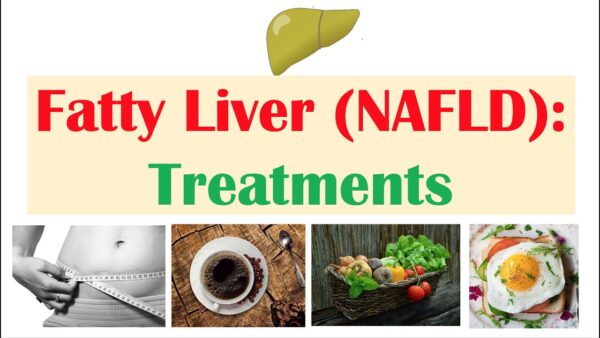In India, the primary goal of treatment for fatty liver disease is to reduce fat accumulation and improve metabolic health. This can be achieved through lifestyle modifications such as weight loss, diet changes and increasing physical activity levels. To reduce fat accumulation in the liver, doctors may recommend reducing calorie intake and making dietary changes based on individual needs. It is important to adopt a healthy eating plan that emphasizes the total amount of fats eaten rather than focusing solely on saturated or trans fats (which should be minimized). A doctor may also recommend avoiding fried foods and processed carbohydrates such as white bread, sugary drinks or white rice. In addition to dietary modifications, increasing physical activity levels can be beneficial for individuals with fatty liver disease. Regular exercise can improve overall health by reducing body fat, improving insulin sensitivity and helping maintain a healthy weight. Physical activity should include both aerobic exercise (such as walking or jogging) as well as resistance exercises (such as lifting weights) for at least 30 minutes per day most days of the week based on individual ability level. Severe cases of fatty liver disease may require medication such as statins or other cholesterol-lowering drugs to help reduce fat buildup in the liver cells. However, it is important that these medications are prescribed by a physician after careful consideration of each patient’s medical history and current condition before any decisions are made about taking them long term.
Overall, treatment for fatty liver disease involves adopting lifestyle changes including healthy eating habits combined with regular physical activity along with careful monitoring by your doctor who will decide if or when medication/procedures are necessary depending on each individual’s unique needs and situation


